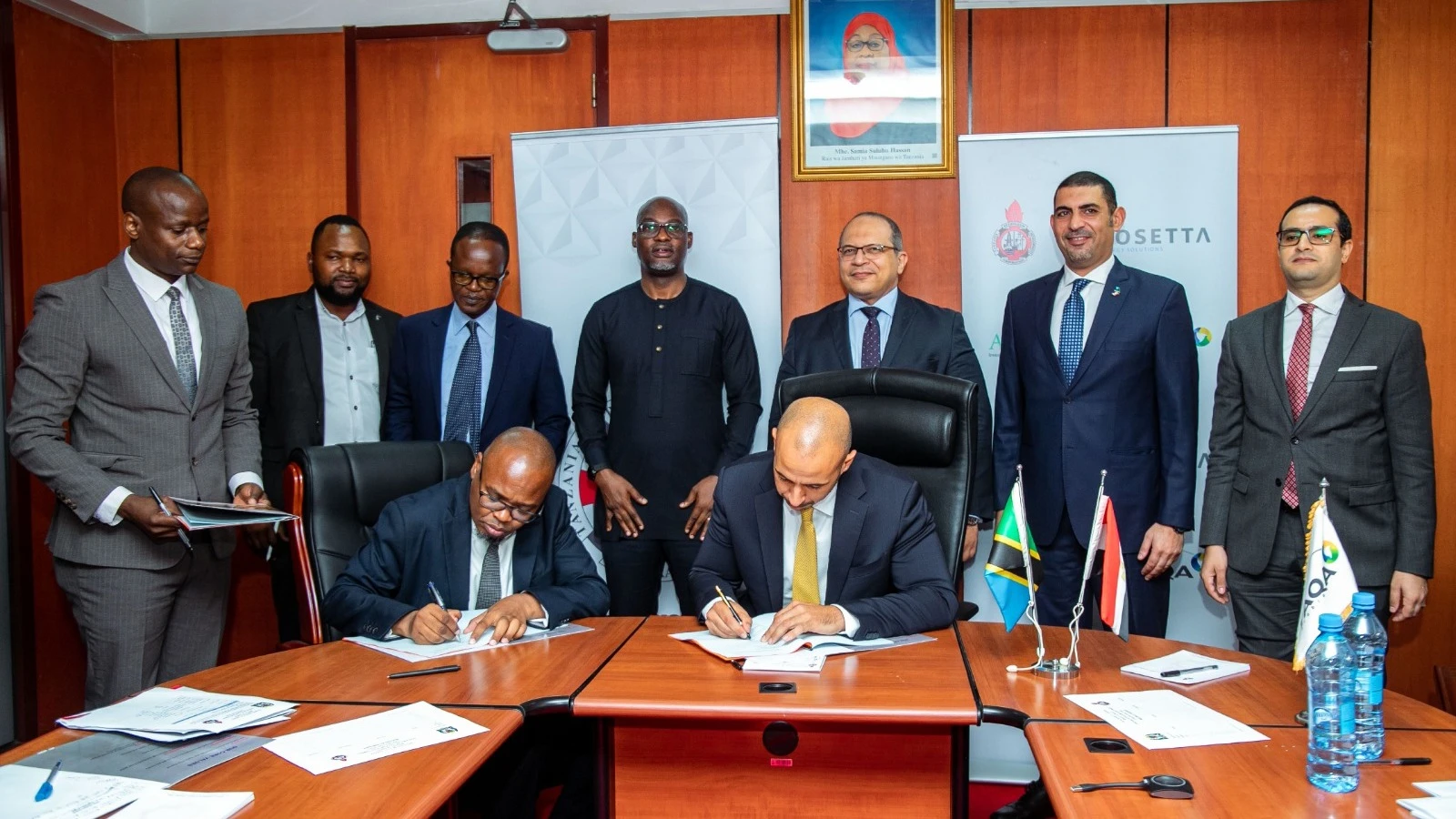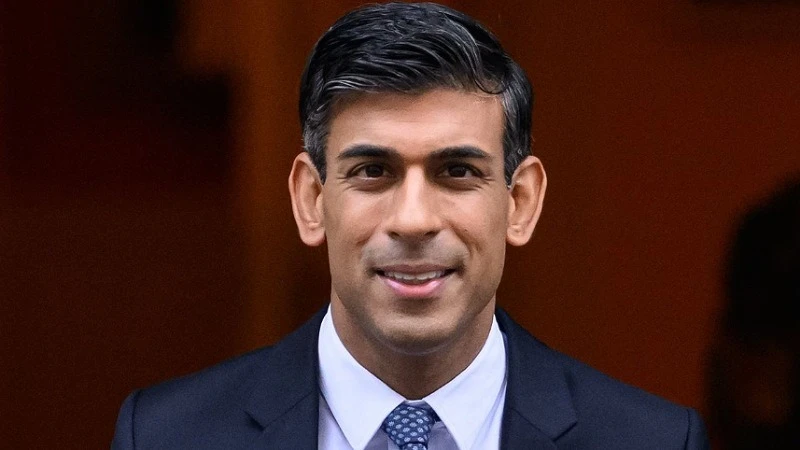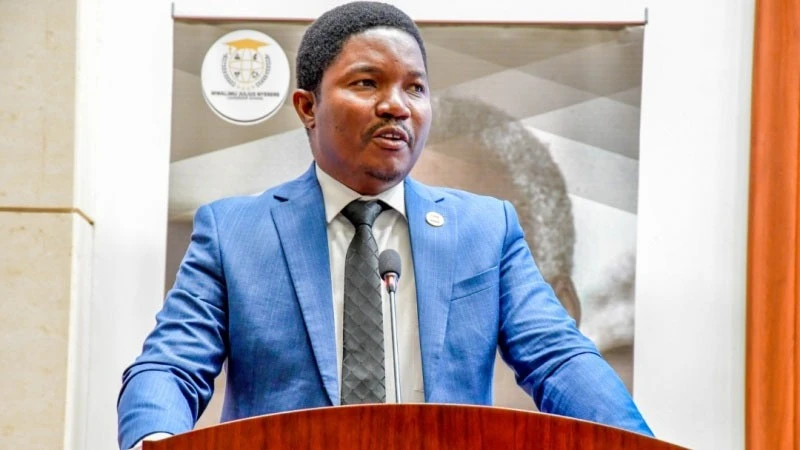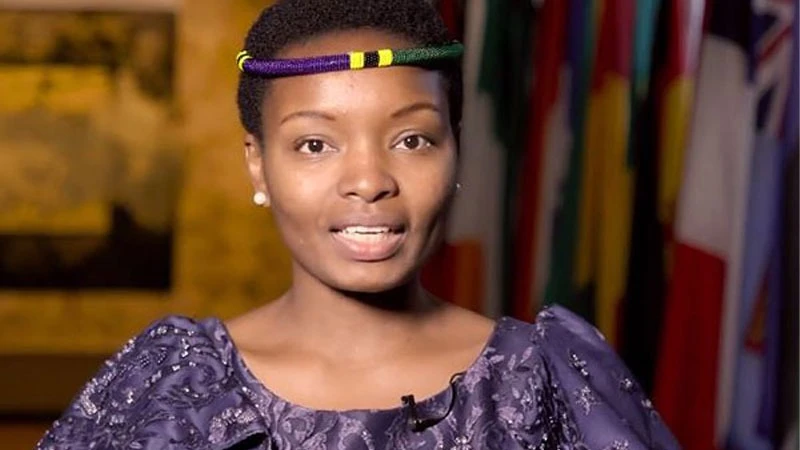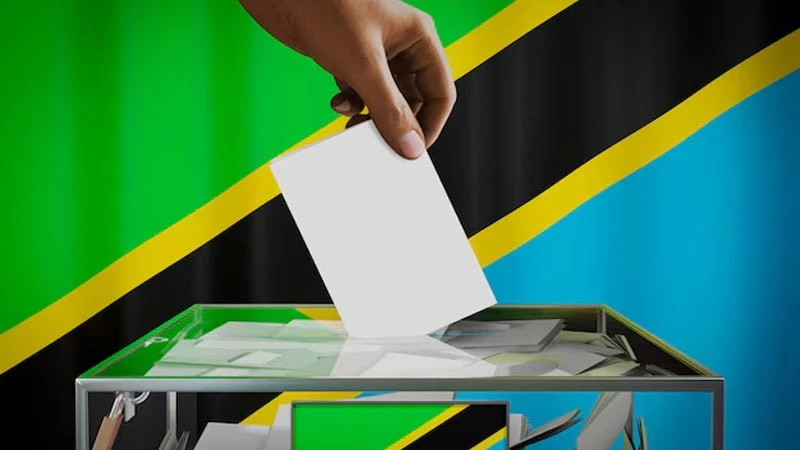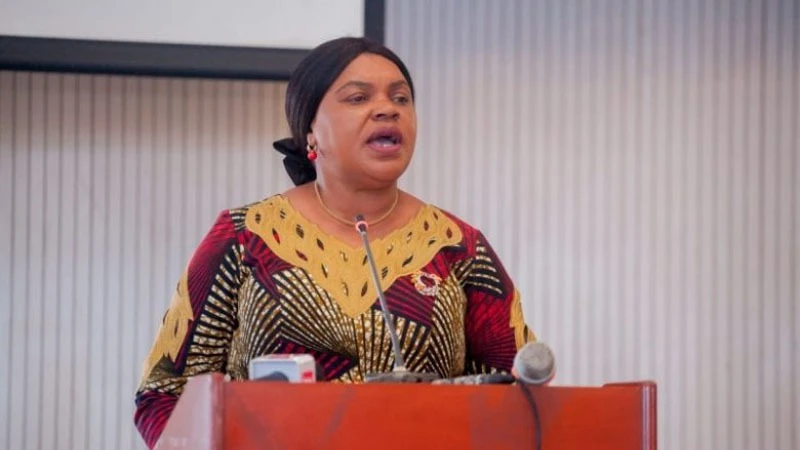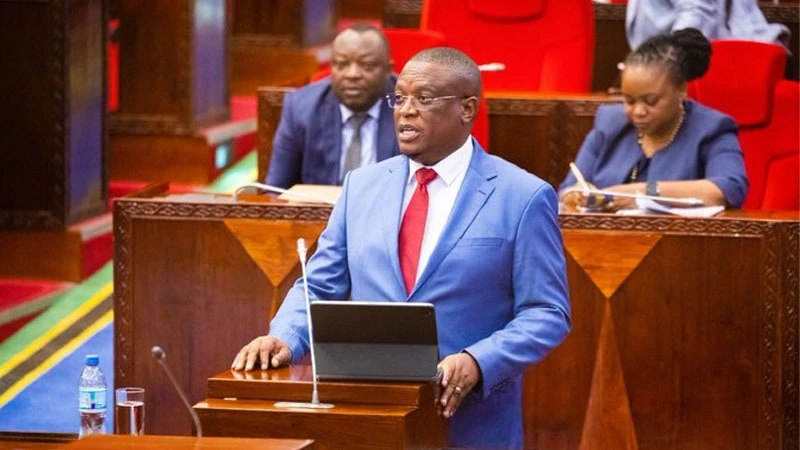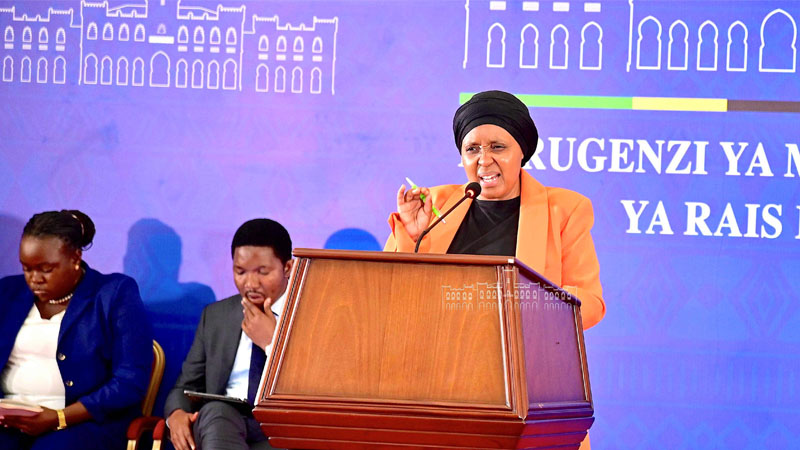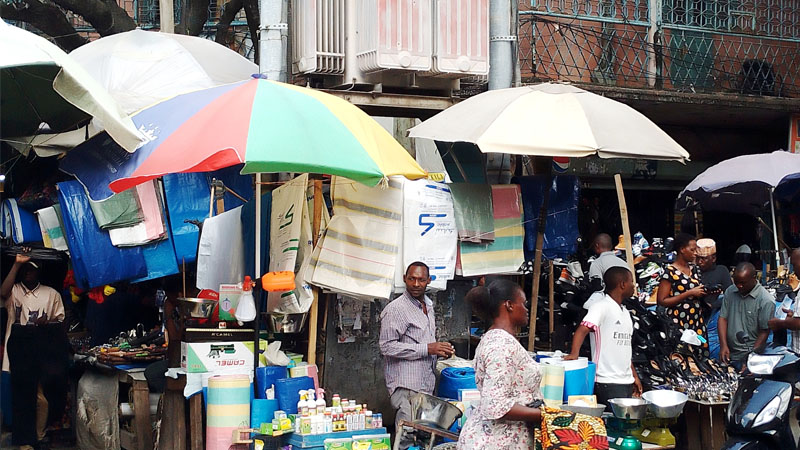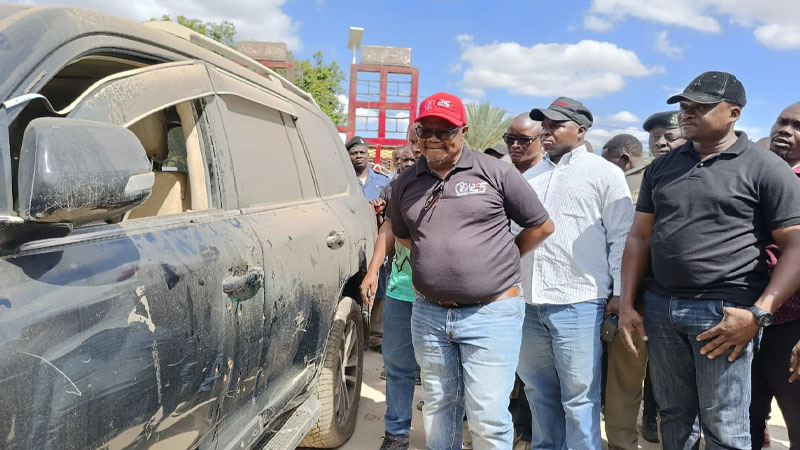Villages earn millions in participatory conservation
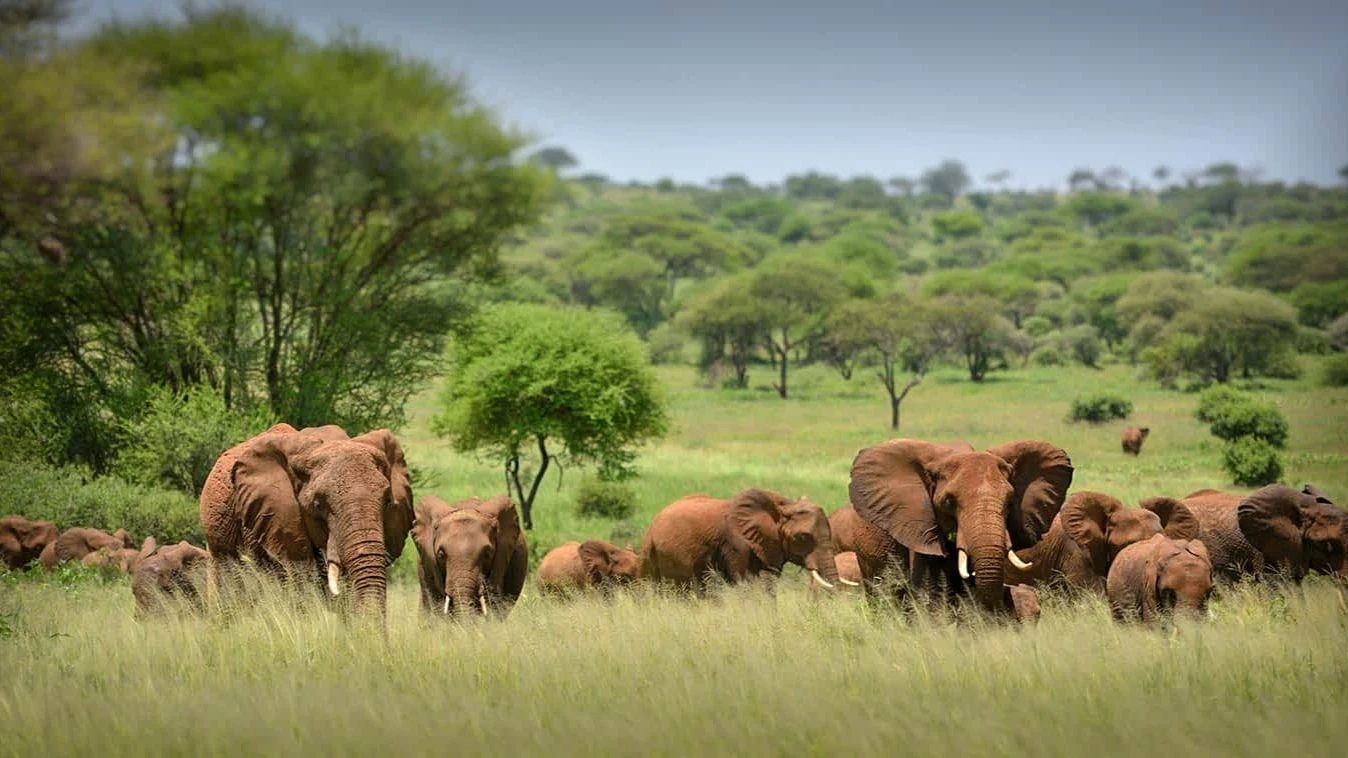
TO ensure that wildlife and natural resources conservation programmes remain sustainable, authorities in Manyara Region have come up with a participator approach that benefit villagers.
Conservation must complement humanity is the motto here, said assistant regional administrative secretary Faraja Ngerageza at the weekend.
“We must learn from history because all conservation efforts that have been undertaken without the involvement of people at the grassroots failed all over the world,” Ngerageza said while addressing members of the Journalists Environmental Association of Tanzania (JET).
According to the official, Manyara succeeds in its activities of environment and wildlife conservation because ordinary residents spearhead the missions and benefit in the process.
Babati district executive director Anna Mbogo said that there are 10 villages in the locality that have pooled in resources to establish the Burunge Wildlife Management Area (BWMA) mapped within 283 square kilometres in rural Babati.
“These are among the direct beneficiaries of participatory approach in conservation programmes,” she said, adding that the villages have been earning more than 2bn/- per season with each getting over 100m/- from the split.
The 10 villages involved in the local wildlife management area programme are Mwada, Ngolei, Sangaiwe, Kakoi, Minjingu, Olasiti, Maweni, Magara, Manyara and Vilima Viatu.
“But a village like Sangaiwe which directly borders Tarangire National Park runs a separate conservation and tourism programme that generates an additional 600m/- into its coffers,” the official said.
In addition to entering into contracts with investors as well as conservation outfits like the Chem-Chem Association, the villages have also been receiving support from the United States Agency for International Development through USAID ‘Tuhifadhi Maliasili,’ activity.
Michael Gwandu, Manyara Regional Environment Management Officer said there are other 15 villages currently reaping handsomely from carbon trading activities undertaken through Yaeda-Eyasi programme.
The environmental programme covers mostly the Mbulu and Kiteto districts of Manyara as well as parts of Karatu in Arusha Region.
The villages Endesh, Jobaj, Domanga, Endanyawish, Endamaghan, Mbuga-Nyekundu, Eshkesh, Dumbechand, Yaeda Chini, Mikocheni, Mongo wa Mono, Hadzabe Mongo, Hadzabe Eyasi, Hadzabe Domanga and Qangdend.
The villages earned 4bn/- and a cheque was officially presented to them by the Minister of State in the Office of the Vice President (Union and Environment), Dr Selemani Jafo.
But according to Gwandu, local women groups have also been establishing environment-friendly income-generating activities to complement tourism and conservation efforts in the precinct.
Top Headlines
© 2024 IPPMEDIA.COM. ALL RIGHTS RESERVED







